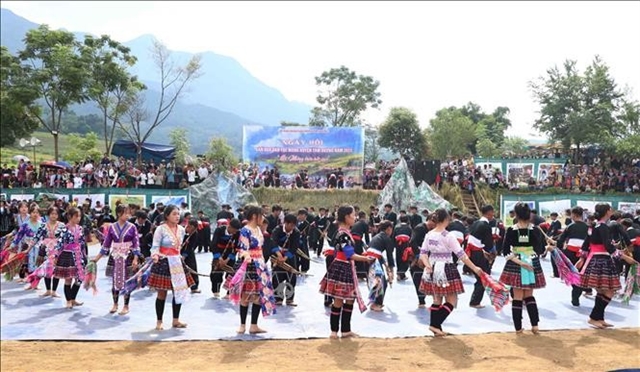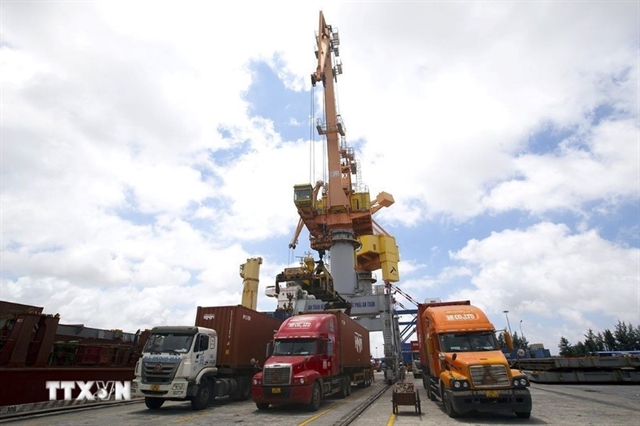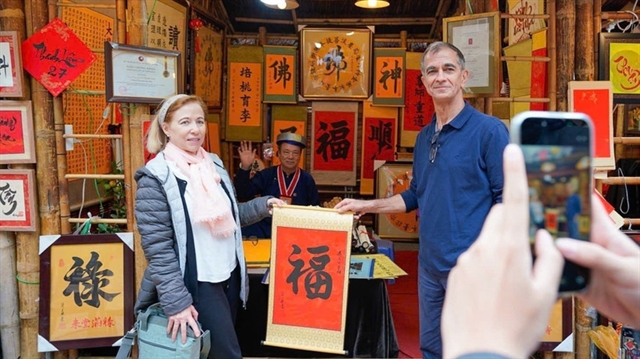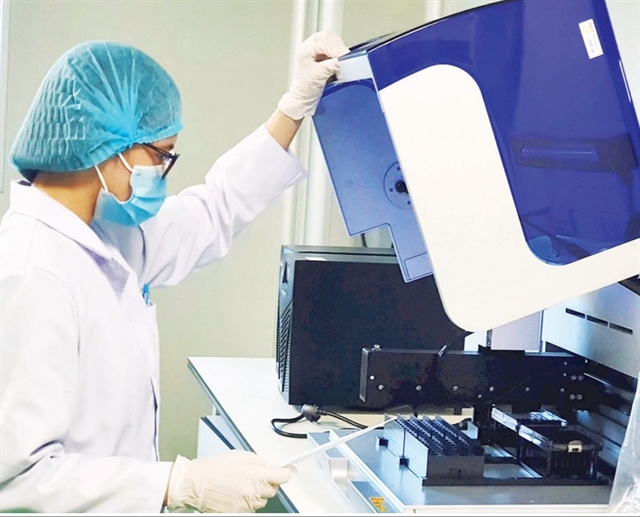 Society
Society
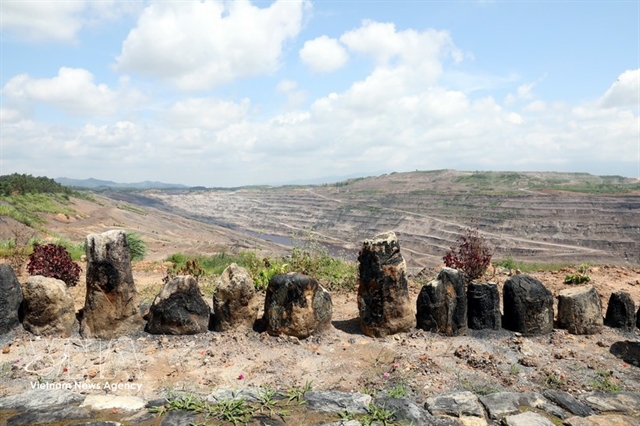
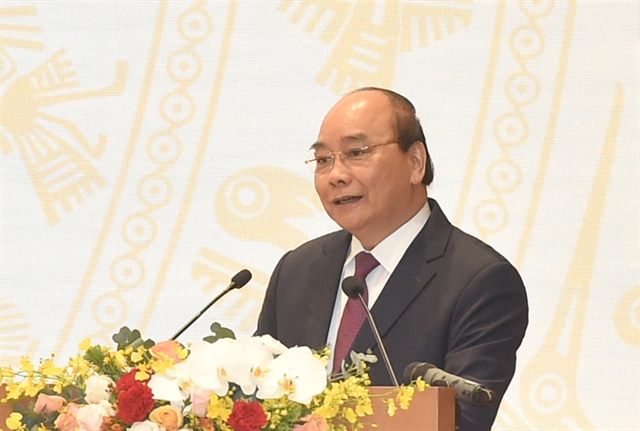
|
| Prime Minister Nguyễn Xuân Phúc speaks at the opening of the online Government conference yesterday. Photo baochinhphu.vn |
HCM CITY — Việt Nam has achieved its twin goal of containing the Covid-19 pandemic and reviving the economy, Prime Minister Nguyễn Xuân Phúc told an online meeting with province and city authorities across the country yesterday.
“This was hard to achieve as the pandemic remains unpredictable in most parts of the world. Protecting people’s lives remains the government’s utmost priority.”
Việt Nam’s economy was expected to grow by 2.91 per cent this year.
Though the lowest growth rate in the past decade, it was considered a success since it was among the world’s highest.
Việt Nam’s efforts at global integration, including the signing of recent free trade deals, have contributed to this, especially since global trade is set to decline by 15 per cent this year.
The country was seen as one of the world’s most effective in fighting against the virus, and it could be attributed to the concerted efforts made by the Government, public and businesses.
“The country has achieved significant economic growth and people’s lives have greatly improved over the last five years.”
The government had set a GDP growth target of 6.5 per cent for 2021.
The country’s economy was worth US$340 billion, which put it among the world’s 40 largest and made it bigger than major economies in Southeast Asia.
With average economic growth of 6.8 per cent in 2016-19, Việt Nam was among the world’s 10 fastest growing countries.
The Government’s revenues had met the target it set for 2020.
In the last five years, eight million new jobs were created.
The country’s average income per capita was now $5,000.
“Growth can be seen in urban areas, rural areas, in deltas and on island borders.”
The private economy had become an important driving force for growth.
Agriculture exports met the year’s target of $41 billion. The Việt Nam brand was valued at $319 billion.
The stock market did well with the Vn-Index once reaching a record 1,200 points.
The country had foreign exchange reserves of $100 billion and the budget deficit and public debt had been reduced to safe levels.
“Amid the pandemic, Việt Nam has emerged as a paradise in Southeast Asia to attract new investment.”
The country’s management of exchange rates truly reflected the market economy, according to Phúc.
Challenges
The country was facing challenges associated with climate change like floods, storms in the central region and saltwater intrusion in the Mekong Delta’s rivers.
People’s incomes remained low, the quality of education and healthcare were poor, there was no job guarantee, and the private sector, especially small- and medium-sized enterprises, faced major difficulties.
Phúc wanted to make health insurance universal as soon as possible: “The government wants children under 16 years old to receive full health insurance.”
The target was for Việt Nam to become a highly developed country with a high per capita income by 2045.
General Secretary and State President Nguyễn Phú Trọng underlined the country’s policy of sacrificing economic gain to protect people’s health.
Việt Nam this year has made great progress in fighting corruption and in healthcare, education, science and technology, and others, he said.
“The situation in the East Sea remains unpredictable but under control. People’s confidence in the Party and State and the armed forces has constantly risen.
“Although the country did not fulfil some of the targets set out at the beginning of the year due to the pandemic, 2020 is still considered to be more successful than last year and the most successful in the past five years in terms of socio-economic development.”
Chu Ngọc Anh, chairman of the Hà Nội People’s Committee, said the capital has achieved the dual target of containing the pandemic and boosting economic recovery.
Nguyễn Thành Phong, chairman of the HCM City People’s Committee, said the southern metropolis has contained the Covid-19 pandemic while also ensuring economic recovery.
“The city has focused on building an urban government and improving its investment environment” to achieve the twin goals set by the Government.
“It has also focused on accelerating digital transformation, building a smart city, speeding up administrative reform and improving the investment environment, among others.” — VNS

